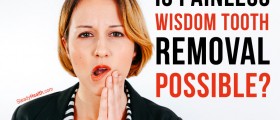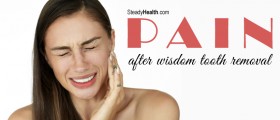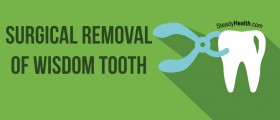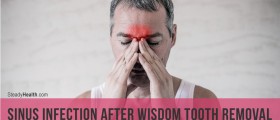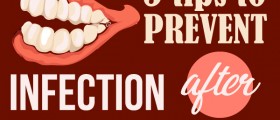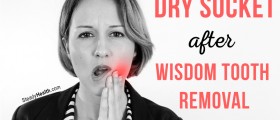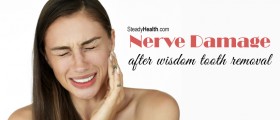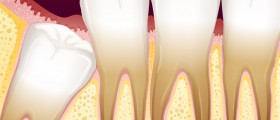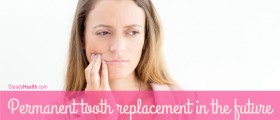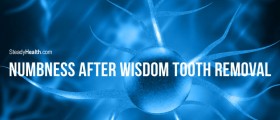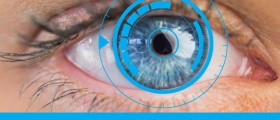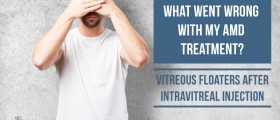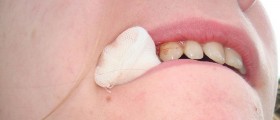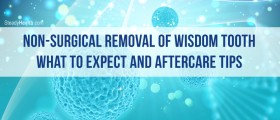There are many conditions that can develop in conjunction with each other particularly as one is ageing. One of the commonly asked questions that dentists often get is the effect of a tooth extraction on the eyesight of a person. In fact, it is an all too pervasive urban myth that a person's eyesight can be affected following a tooth extraction.
The only reason why I write almost impossible and not completely impossible is out of respect for the vagaries of the human body, but I have not been able to find a single instance of this happening in medical or dental literature.
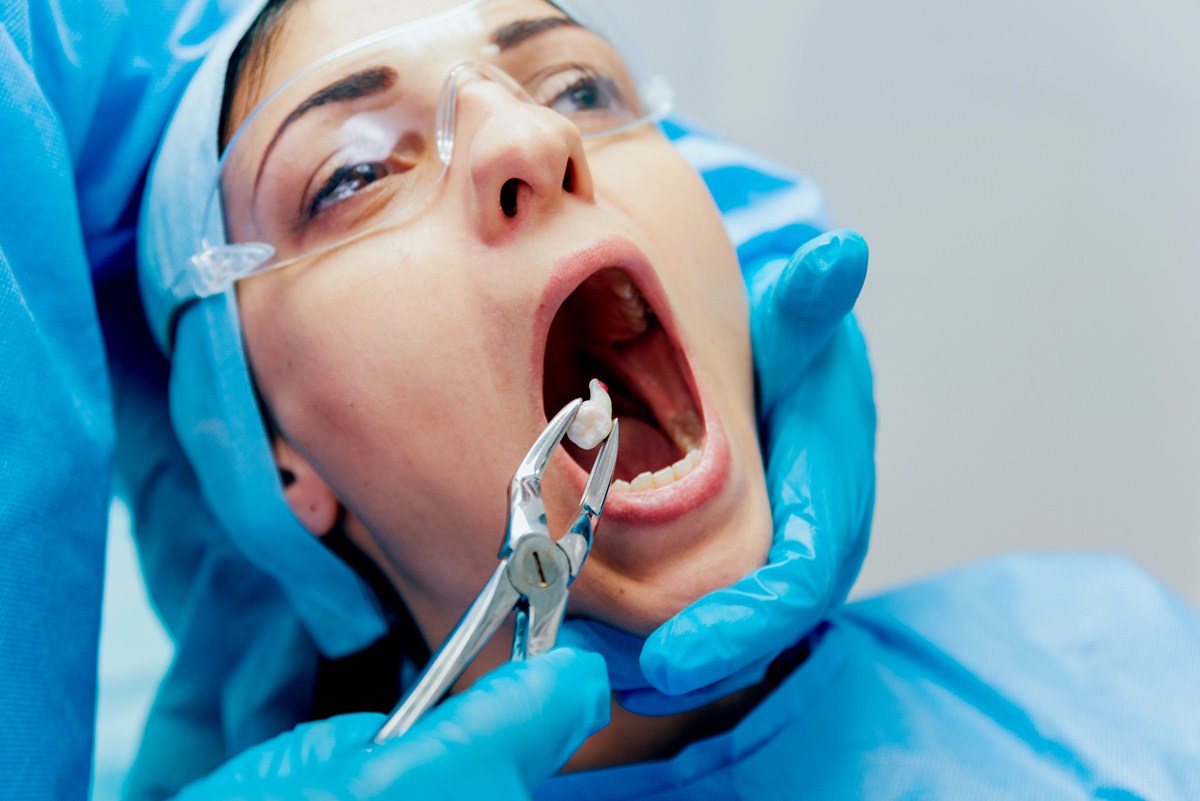
What Is A Macular Hole?
A macular hole is an age-associated occurrence that is not uncommon in older individuals. It happens when the physiologic shrinking of the vitreous causes a tear in the retina. The vitreous is a gel-like substance that is responsible for maintaining the round shape of the eye. It has millions of fibers that are connected to the retina.
The treatment for this usually involves a surgical correction and the most commonly cited symptoms include the presence of "floaters" in the vision, an increase in blurriness and the appearance of bends while trying to see straight lines.
Tooth Extraction And The Occurrence Of A Macular Hole
If a macular hole is detected after an extraction, then just this does not mean that the two events have anything to do with each other. Correlation does not equal causation!
It is just a coincidence that the two events happened to occur in a short time from each other. Patients feel that the teeth or their roots are in close proximity to the eyes, however this is absolutely not the case. The canine, which has the longest root of all the teeth, is separated by the lower border of the eye socket by a large distance.
We live in a world where information about everything is at everyone's fingertips. There are no more secrets or procedures that only some are privy to. If there was something as serious as your eyesight at stake while going in for a tooth extraction, then trust me, everyone would know. It would not be some hush hush thing that is being whispered.
One thing that could have probably lead to such a belief is the fact that a lot of people face both teeth problems and eye problems in the latter decades of life. It is natural to think that some sort of relationship might exist between the two, however absolutely no scientific rationale or logic supports this. It is better to seek out proper treatment for both ailments instead of looking for links where there are none.
- Photo courtesy of SteadyHealth


